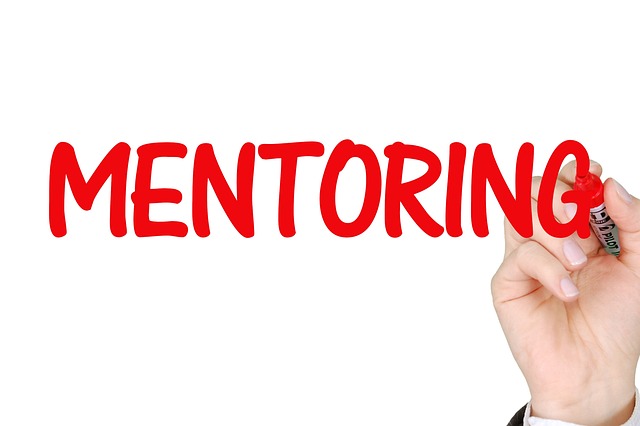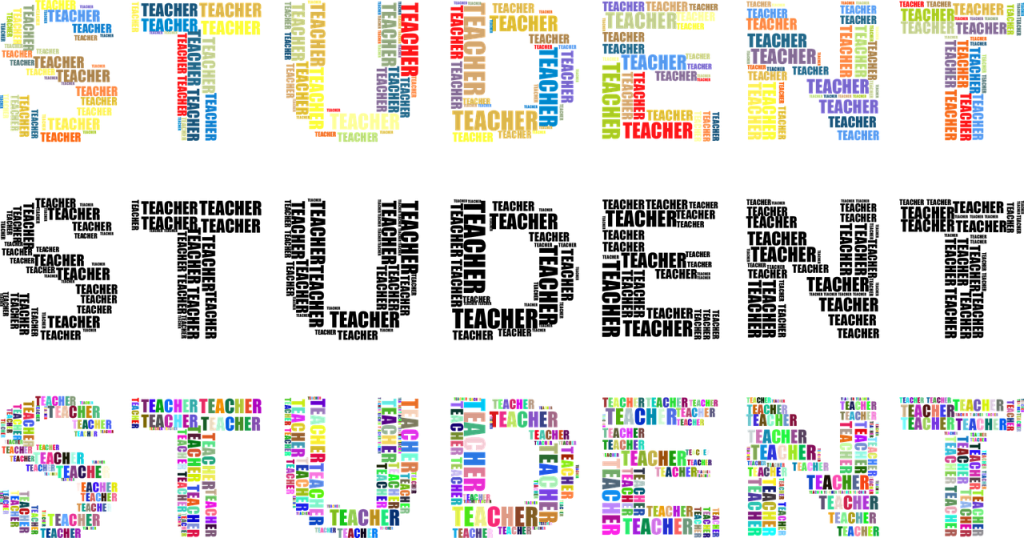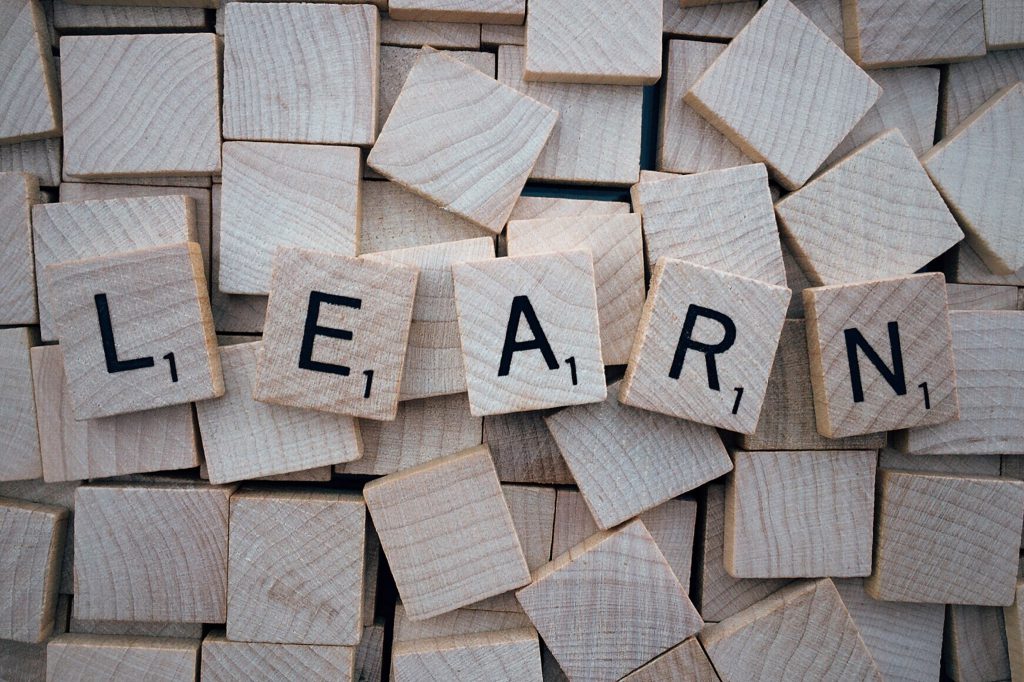By: Anderson Amy J., Jones Kristian V., DuBois David L.,Çifci Fatmanur and Teger Zara

This research shows how mentoring can shape a cultural humility. Two key aspects of their development are:
Humanizing Others: Mentors’ perception and comprehension of diversity among individuals and within groups enhanced over the course of their relationships with their mentees. Additionally, their roles prompted mentors to establish personal connections with marginalized experiences, making topics like racism more personally pertinent rather than distant subjects.
Reflecting on One’s Own Identity, Biases, and Opportunities: Mentoring spurred mentors to introspect on their own experiences, privileges, and opportunities. It also urged them to address their biases and stereotypes, cultivate greater empathy, and feel empowered to initiate change. Mentors who shared the same race or ethnicity as their mentees similarly found value in this process, enabling them to delve into their own identities.
To read the article click here.










